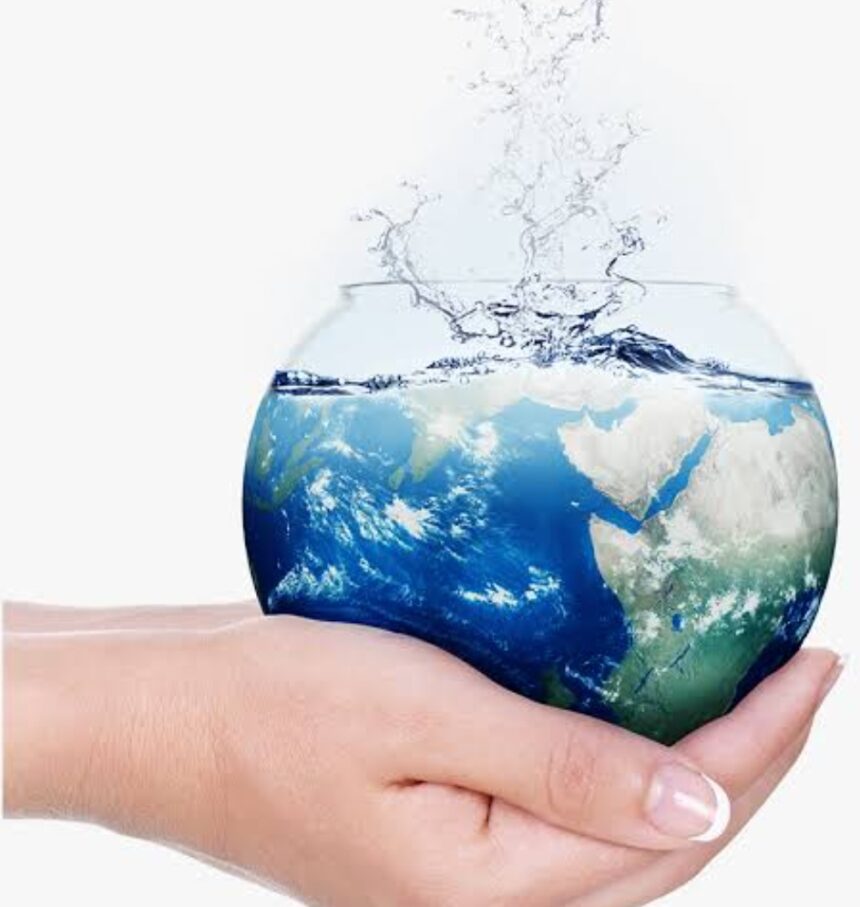Sustainable water management is indeed essential for ensuring food security, as water plays a critical role in agricultural production and the entire food supply chain. Here are some reasons why sustainable water management is crucial for food security:
Agriculture is the largest consumer of freshwater globally, with irrigation accounting for the majority of water use. Sustainable water management practices, such as drip irrigation, precision agriculture, and rainwater harvesting, can help optimize water use efficiency in agriculture. By ensuring that water resources are used judiciously and effectively, sustainable irrigation practices contribute to increased crop yields and food production, thus enhancing food security.
Climate change is altering precipitation patterns and increasing the frequency and intensity of extreme weather events, such as droughts and floods. Sustainable water management strategies, such as water conservation, watershed management, and climate-smart agriculture, can help build resilience to climate variability and mitigate the impacts of water scarcity and extreme weather on food production. By adapting to changing climatic conditions and reducing vulnerability to water-related risks, sustainable water management contributes to the long-term stability of food systems and enhances food security.
Healthy freshwater ecosystems, including rivers, lakes, wetlands, and aquifers, provide essential services for agriculture, such as water purification, flood regulation, and habitat for pollinators and natural enemies of pests. Unsustainable water management practices, such as over-extraction, pollution, and habitat destruction, can degrade freshwater ecosystems and undermine their ability to support agricultural productivity. By conserving and restoring freshwater ecosystems, sustainable water management helps maintain the ecological foundation of food production and safeguard food security.
There is a close interconnection between water and food systems, known as the water-food nexus. Water is not only used for irrigation but also for food processing, cooking, and hygiene throughout the food supply chain. Unsustainable water management practices in one sector can have ripple effects across the entire nexus, affecting food availability, accessibility, and affordability. By adopting integrated approaches to water and food management, sustainable water management can optimize resource use, minimize waste, and ensure the resilience and sustainability of food systems.
Access to water is essential for smallholder farmers, who often rely on rainfed agriculture and have limited access to irrigation infrastructure and water resources. Sustainable water management practices that prioritize equity, inclusivity, and community participation can ensure that water is allocated fairly and efficiently, benefiting smallholder farmers and vulnerable populations. By addressing social inequities and empowering marginalized communities, sustainable water management contributes to more equitable and resilient food systems, thereby enhancing food security for all.
In conclusion, sustainable water management is indispensable for achieving food security in a world facing growing water scarcity, climate change, and environmental degradation. By promoting water efficiency, climate resilience, ecosystem health, integrated approaches, and social equity, sustainable water management can help ensure that water resources are managed wisely and sustainably to meet the needs of present and future generations for food security and sustainable development.
For more information visit at https://happenrecently.com/zepto/?amp=1



